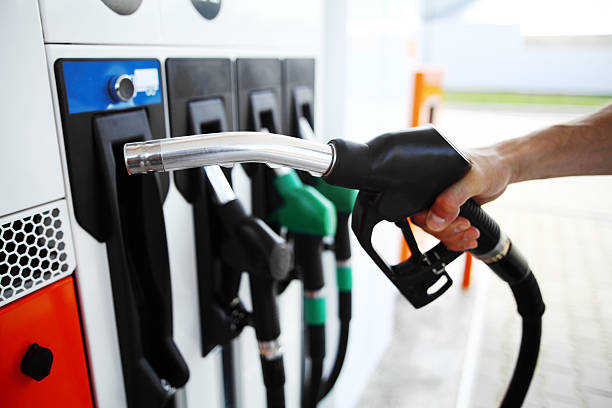Subsidy Reduction and Removal of Wholesale Caps Hit Fuel Retailers Hard
Kenya is teetering on the edge of a fuel shortage crisis, exacerbated by the predicament faced by independent fuel retailers that collectively constitute 68 percent of the market. The Energy and Petroleum Regulatory Authority (EPRA) subsidy, intended to cushion consumers, has inadvertently diminished profit margins for these retailers, leading to concerns about the sustainability of their operations.
The Petroleum Outlets Association of Kenya (POAK) sounded the alarm on Thursday, highlighting the distressing situation faced by its member retailers. These businesses have experienced a notable reduction in their margins since the state's decision to eliminate wholesale caps, an action that has pushed certain retailers into financial losses.
John Njogu, the CEO of POAK, expressed his concerns to the media, underscoring how the subsidy aimed at benefiting customers has left fuel outlets in a precarious position. As margins erode, some retailers are finding it increasingly untenable to remain operational, inevitably resulting in closures.
Njogu stated, "Without a wholesale cap, independent players who make 68 percent of petrol stations in Kenya are buying fuel at Ksh1 margin or zero margin which is forcing them to shut down their petrol stations due to lack of profitability."
The removal of wholesale caps has disrupted the delicate balance in fuel logistics involving importers, wholesalers, and retailers. With the subsidy, there was a Ksh12.36 margin per liter of fuel between importers and retailers, allowing wholesalers to sell to retailers at Ksh8 margin.
However, under the current setup, as price stabilization mechanisms are in play, oil marketing companies (OMCs) have the liberty to determine their own wholesale prices. Consequently, they are selling fuel to retailers at rates equivalent to the EPRA-approved pump prices, which for many outlets means a lack of profitability.
The result is a growing trend of petrol stations facing the tough decision of closing shop, especially in rural areas that rely heavily on independent retailers to meet fuel needs.
POAK's concerns are anchored in the broader context of the fuel industry, where stability and profitability need to coexist to ensure the continuous availability of fuel to the public. As the situation unfolds, stakeholders are watching closely to see if adjustments will be made to the subsidy and pricing structures to prevent a prolonged fuel shortage that could impact various sectors of the economy.

